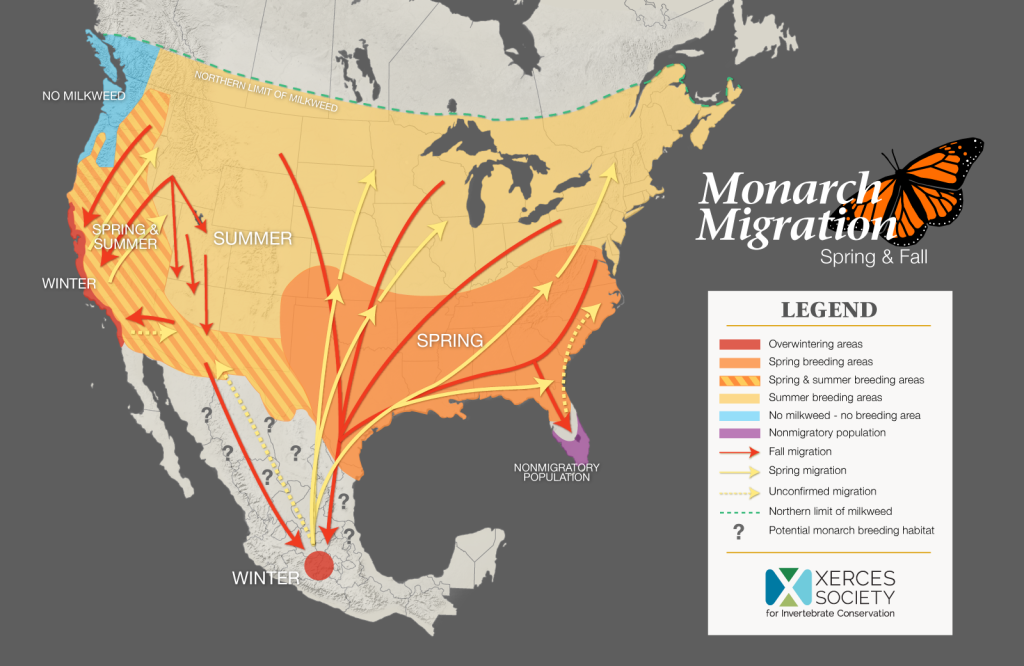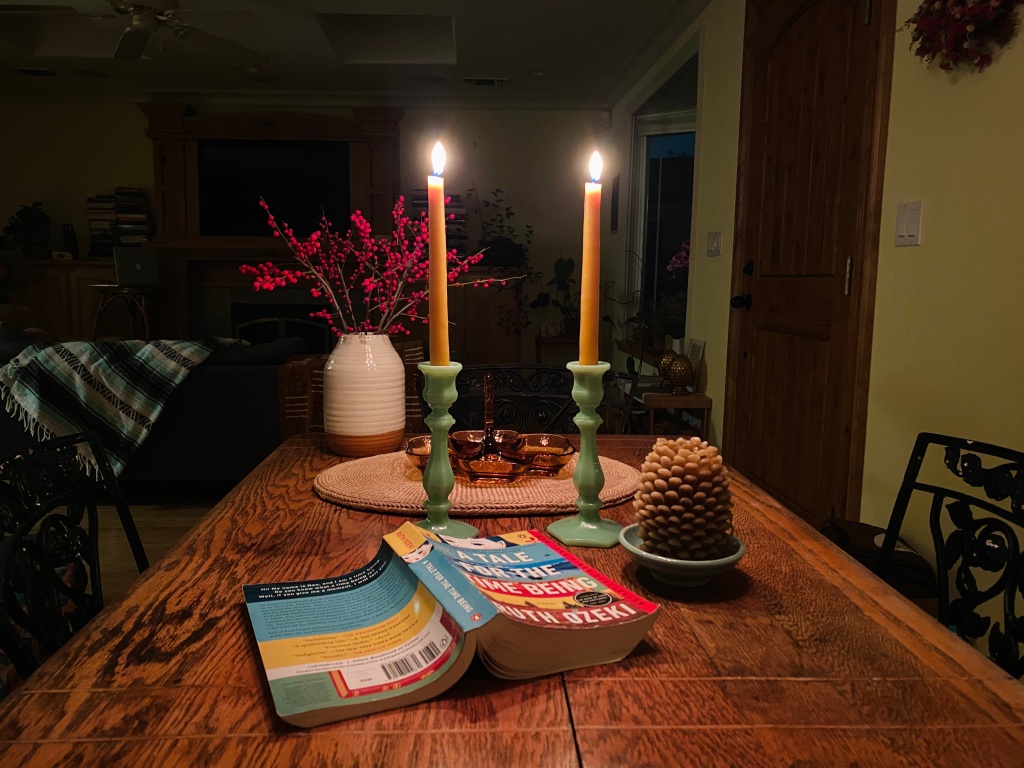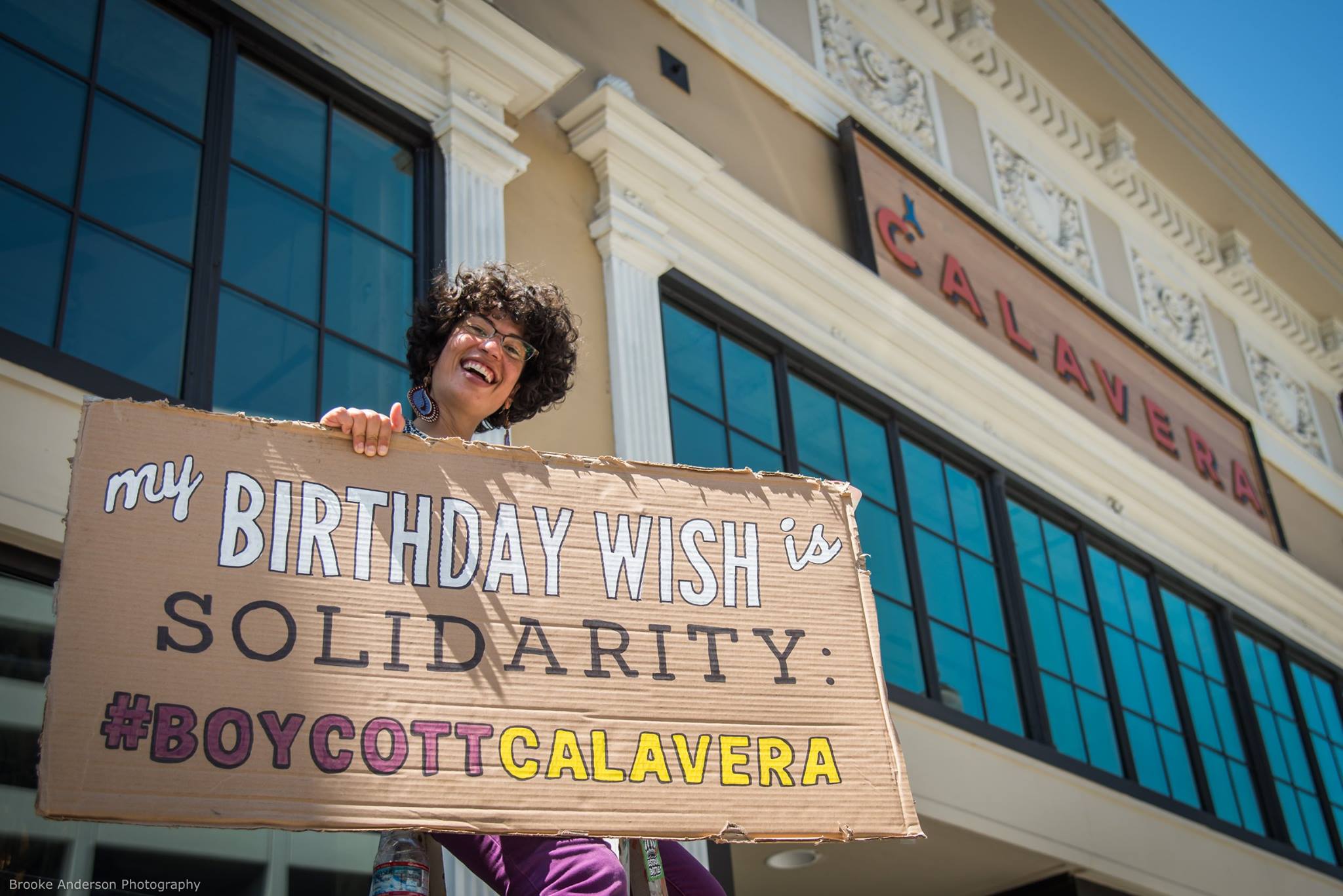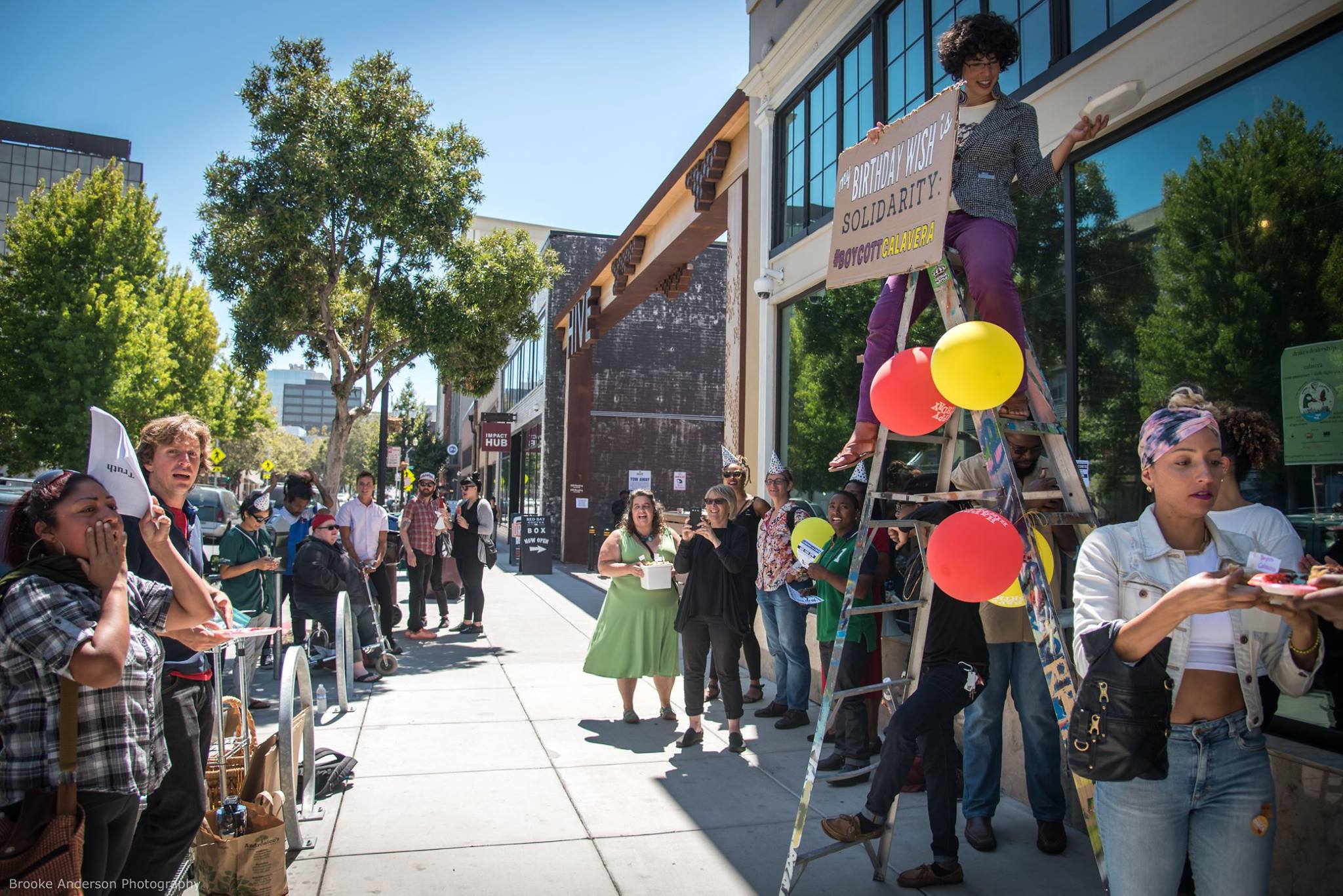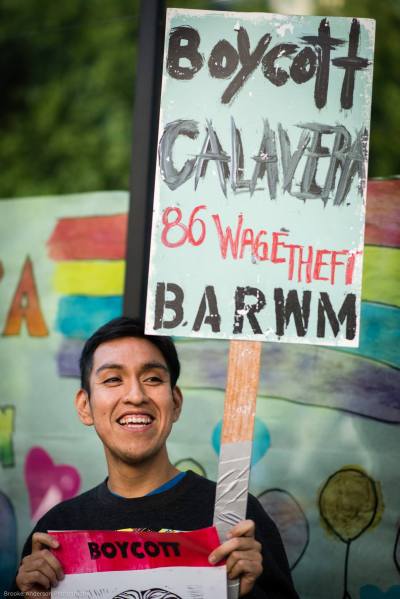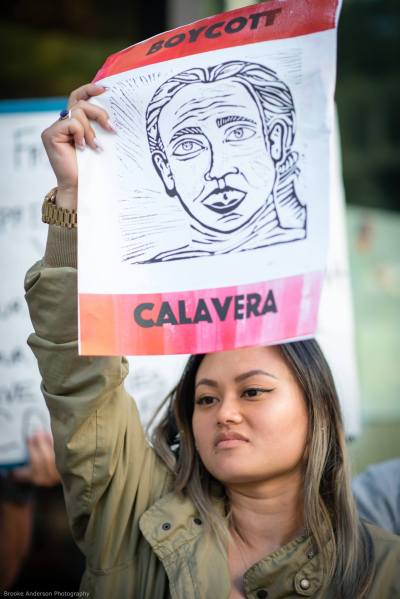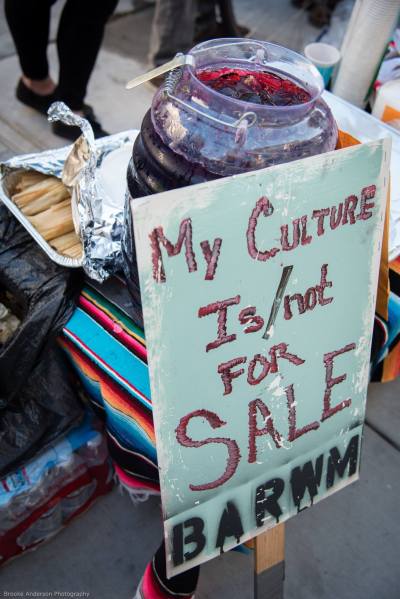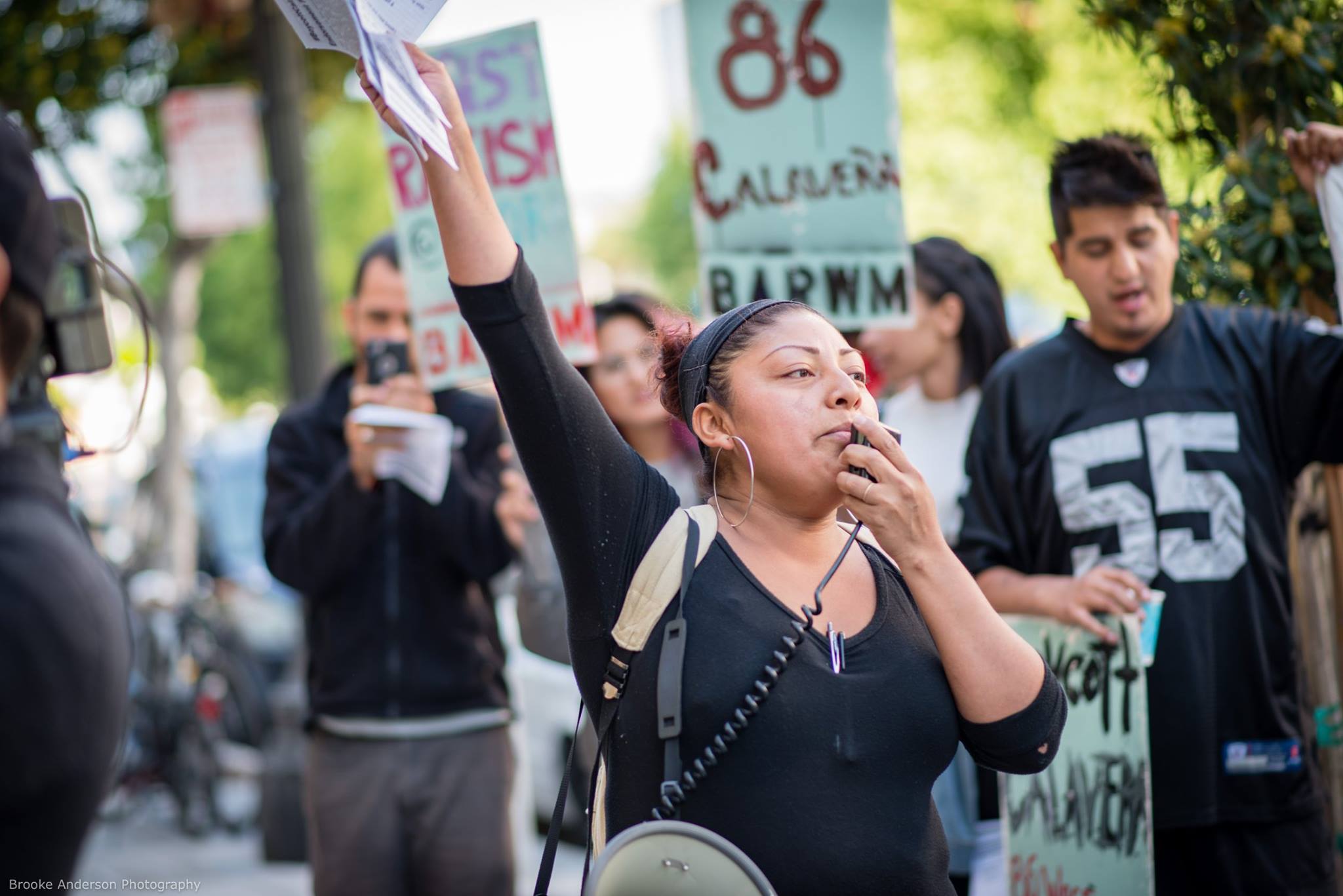
Update 1/11: While I appreciate Rinku Sen’s appeal to nuance, I can’t agree with a conclusion that all strategies matter. I think we can and must be specific about what we want. The Movement for Black Lives platform, for example, calls for a “minimum guaranteed livable income for all Black people.” whether or not you support that approach, the proposal’s comprehensiveness achieves something *desperately* needed in our politics right now: it puts platform before personality.
it’s one thing to honor or thank (?) people for enduring oppression. it’s another to get specific about how we imagine remedy, and why.
Like a lot of us, I’m of two minds about Oprah’s speech at the Golden Globes.
On one hand, it was powerful. She is powerful. She is talented, beautiful, and historic. Like Obama, she brings many Black people joy and pride.
On the other hand, she’s a billionaire. She’s a billionaire capitalist with a network called OWN. She’s an entrepreneur philanthropist marketing classic American bootstraps ideology — neoliberal, trickle-down, swathed in an opulence that somehow manages to seem earthy. Like Obama, she gracefully and photogenically upholds a system that exploits and kills Black, Brown, and indigenous people the world over.
Paradox and contradictions: let’s not shy away from them, right? Let’s use them to build from where we are, to where we’re going. Let’s honor and borrow some of Oprah’s vision, tenacity, and fire.
What If Everyone Had Enough?
How do we grow dreams so big they can’t stay in dreamland?
—adrienne maree brown
There’s one line of Oprah’s speech that I can’t get out of my head; a line that pinpoints a key intersection of gender oppression and economic precarity. It’s when she says:
So I want tonight to express gratitude to all the women who have endured years of abuse and assault because they, like my mother, had children to feed and bills to pay and dreams to pursue.
Enduring abuse and assault because they had bills to pay.
Is this not an elegant (if accidental) critique of capitalism?
Stay with me. Could we fight sexual abuse by ending poverty? [1] Not just firing creepy bosses one by one, but reorganizing society so that everyone has the essentials — including childcare, healthcare, housing, education, clean water, clean air, freedom of movement? Celebration of all the languages spoken by our ancestors? Do you think, under such circumstances, that fewer people would feel compelled to put up with sexist workplace bullshit in order to survive?
Could we encourage accountability by decolonizing Turtle Island? Not just forcing concessions from predatory politicians, but reckoning with ongoing genocide, epistemicide [2] [3], and theft of land from indigenous communities? How are we supposed to culture-shift toward ending sexual violence if we can’t make amends for the fundamentally violent patterns of the U.S. nation-state? This shit is fractal, my friends.
I’m not here to hate, but I’m here to be clear. While the #TimesUp organizing is smart and commendable, a legal defense fund is just that: defensive.
Like Oprah and Obama, I want more.
I want us to change history.
“Now Life, Though Not Exactly Easier, Is Life All The Time”
As one guide, I look to the vision of Black queer feminist poet, scholar, teacher, “troublemaker,” and organizer Alexis Pauline Gumbs. In the visionary fiction anthology Octavia’s Brood, she writes time-traveling letter from Lexi after capitalism to herself, during capitalism.
I think of this passage nearly every single day.
May it lift you the way it lifts me. May it make you feel as powerful and possible as Oprah. And then some.
Dear Lexi,
Breathe deep, baby girl, we won. Now life, though not exactly easier, is life all the time. Not chopped down into billable minutes, not narrowed into excuses to hurt and forget each other. I am writing you from the future to remind you to act on your belief, to live your life as a tribute to our victory and not as a stifling reaction to the past.


